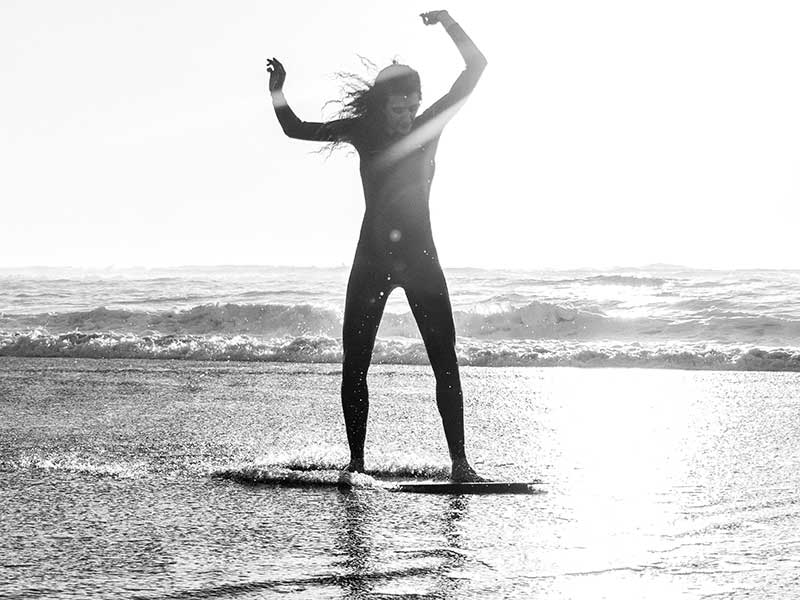
Practice has been given a bit of a bum rap. Whether it’s sports of some kind, one of the arts, or any other discipline of the mind or body, we often expect the impossible out of practice.
That is, we expect to be made perfect at the pursuit. Or at least some aspect of the pursuit. And then we take it as a personal failure when that doesn’t happen. Does this sound familiar to you in your meditation practice? If so, would you like to change that?
There is another way of looking at perfection and imperfection – in meditation and beyond.
Is Imperfection Really a Problem?
I grew up practicing music. Violin, specifically. Years later, when I started formally composing music, I practiced composing. I still do, every day. Over the years, I’ve written gobs of music that no one else ever hears. (Or needs to hear – trust me). It’s a daily commitment to the art and craft of composition. When I don’t practice, I get rusty, and I have to go over techniques that I had previously thought I’d conquered. It’s endless.
But, is imperfection really a problem? Moreover, even if it is – and I’m not convinced that it is – can practice actually convert imperfections to perfections?
As a voiceover artist, I also practice reading aloud. I practice words that are tough for me, personally. I also practice words and phrases that are difficult for pretty much anyone to say. These include medical jargon. Foreign languages. And $5 words that I have to look up in Merriam-Webster and still never get to use in conversation.
Like compositional challenges, the list of difficult words is endless.
The Engaging State of Imperfection
Between violin and composing and voiceover – and meditation – my daily pursuit of perfection had been going on for a solid quarter of century before I realized that every improvement I ever perceived served to reveal new areas of challenge.
It was endless, this process of perfecting.
And once I saw that, everything began to change.
At essence, practice is simply an ongoing engagement in something that requires focus, skill and commitment. Approaching whatever you practice with an expectation of imperfection brings a kind of realistic relief. The joy of practicing doesn’t come from soldiering your way towards illusionary perfection. Rather, it comes from embracing the engaging state of being happy with imperfection, and even interested in exploring it.
Why should meditation be any different?
Meditation is the Means, Not the End
When you allow meditation practice to be a process separate from perfection or imperfection, it begins to occupy a pivotal place in your life. It does much more than relieve stress and relax you.
It changes you because of the state of awareness you develop through regular meditation. Some of this is because regular meditation can change your brain and its chemical processes. But it’s also because regular meditation changes your mind…how you think, how you feel, what you pay attention to, what you effortlessly start releasing over time.
This will be true no matter what your practice is.You can have a mindfulness practice, or you can be engaged in astral projection. (Or both – they’re not mutually exclusive.) You can work in silence, on your own. Or if you’d like some help, you could choose to work with audio guides, or with music created specifically for meditation.
Keep in mind that meditation is always the means, not the goal.
All spiritual expression is rooted in awareness turned towards infinite consciousness. During meditation practice, and beyond.
It’s a matter of focus, skill and commitment.
Suggested Practice
I would encourage you, as I encourage myself, to practice meditation the way surfers practice the ocean: one wave at a time.
The ocean isn’t meant to be perfected, just as consciousness isn’t meant to be perfected. Both are perfect the way they are.
We don’t conquer them, we experience them.
Picture yourself grabbing a boogie board and wading out into the ocean every day to splash around for 20 minutes.
The more you splash, perhaps one day the better you’ll surf. But certainly, the more you’ll enjoy yourself today.
And the waves? They’re endless.
Ready to go further? Enjoy a Free Membership to QuietSelf to see how we can be of service to you along your journey.
